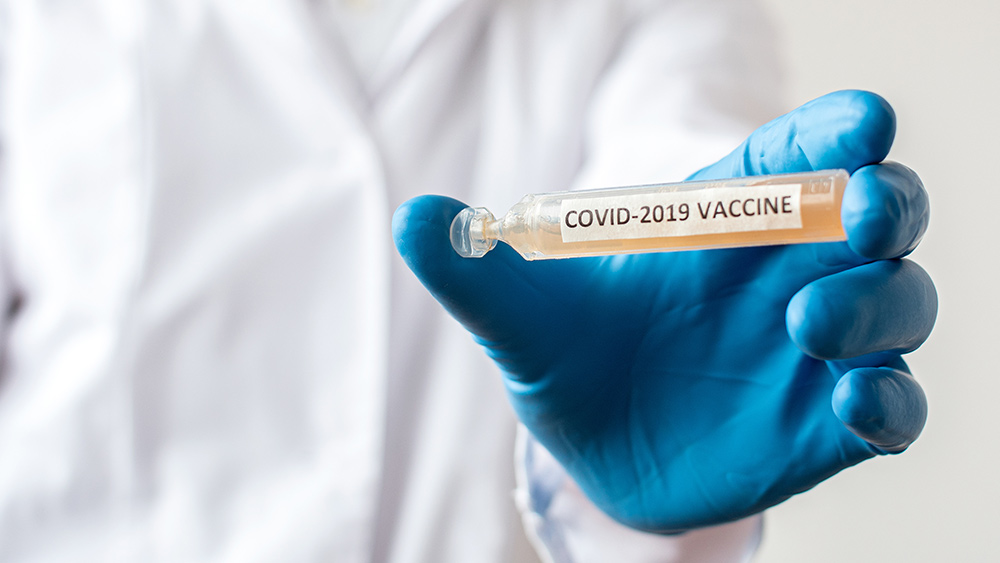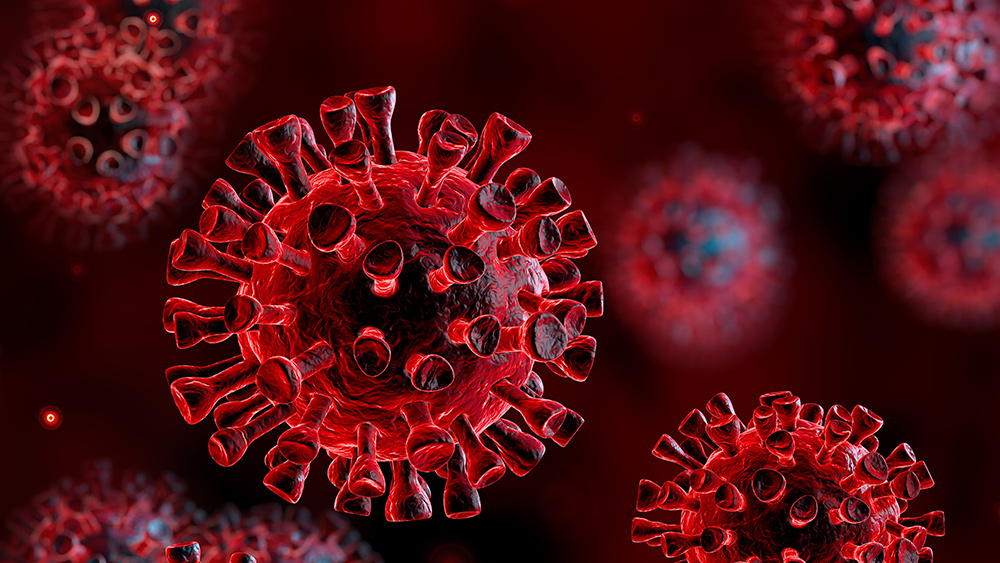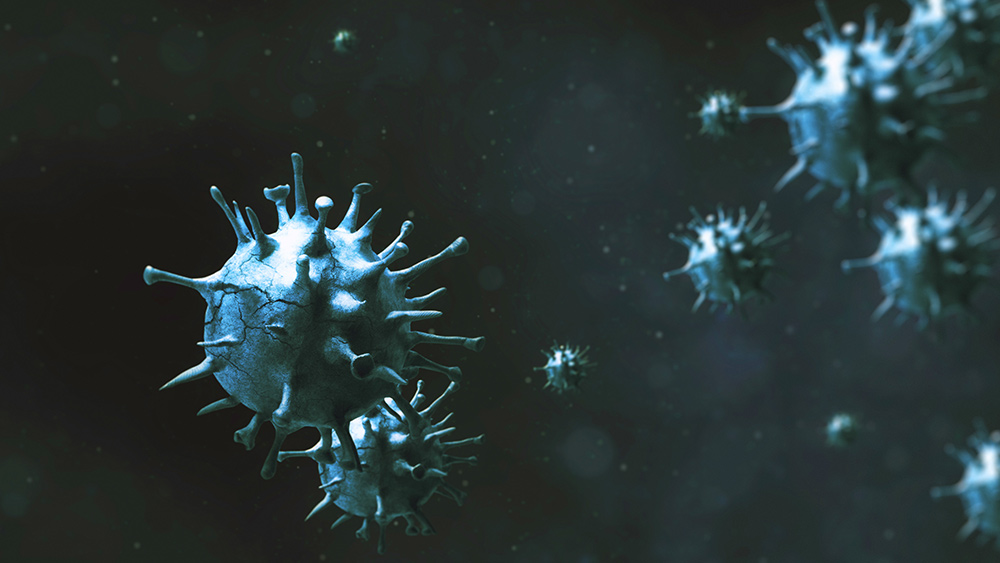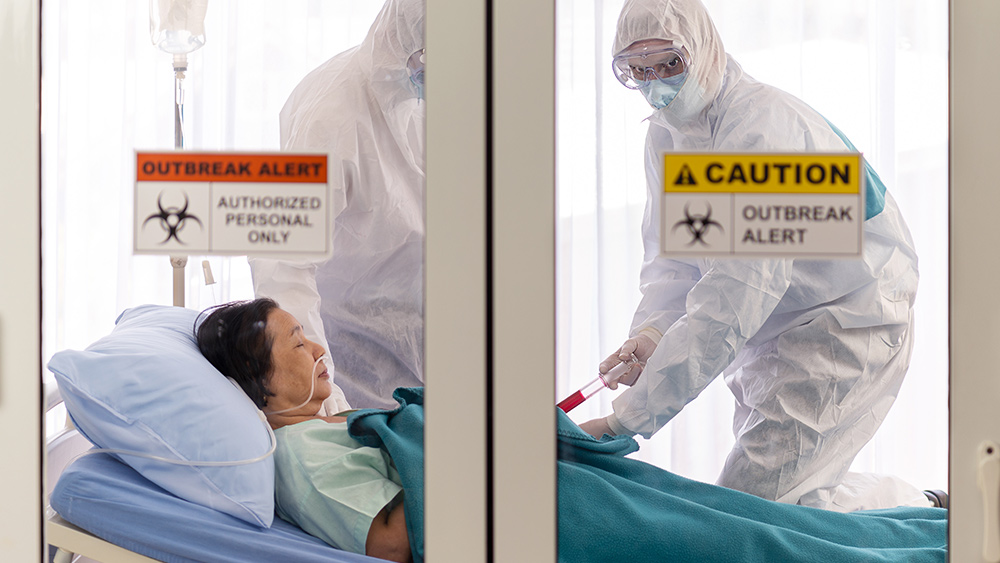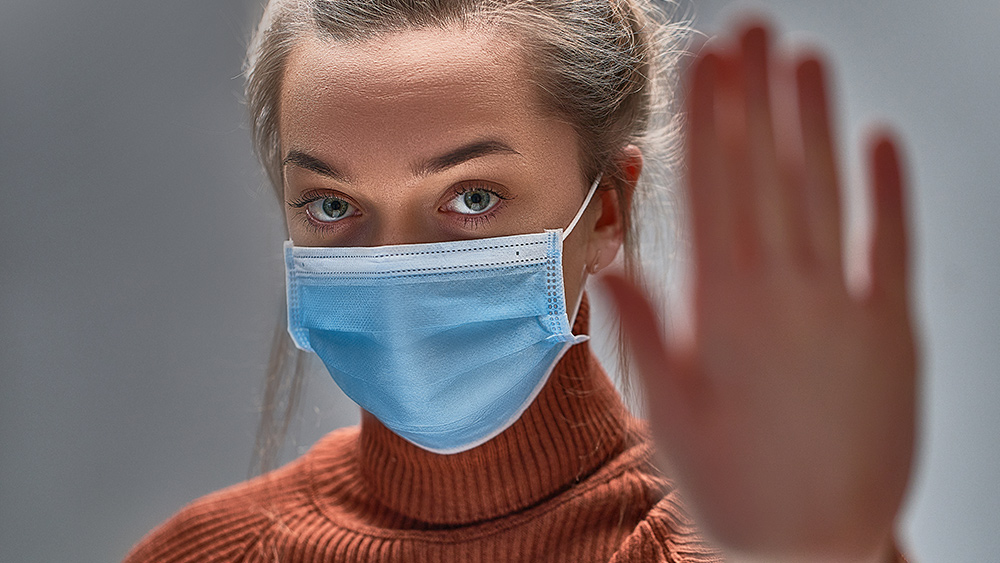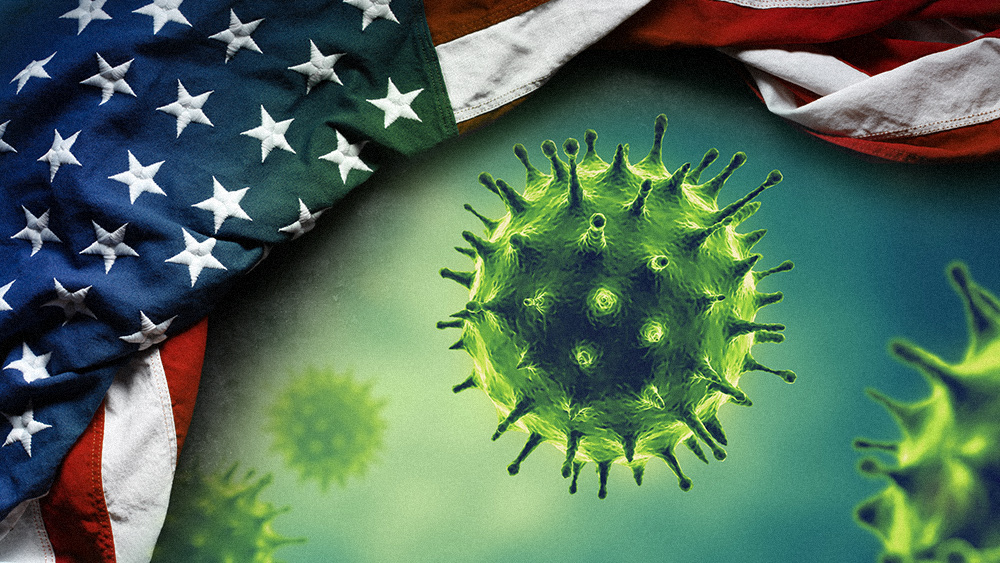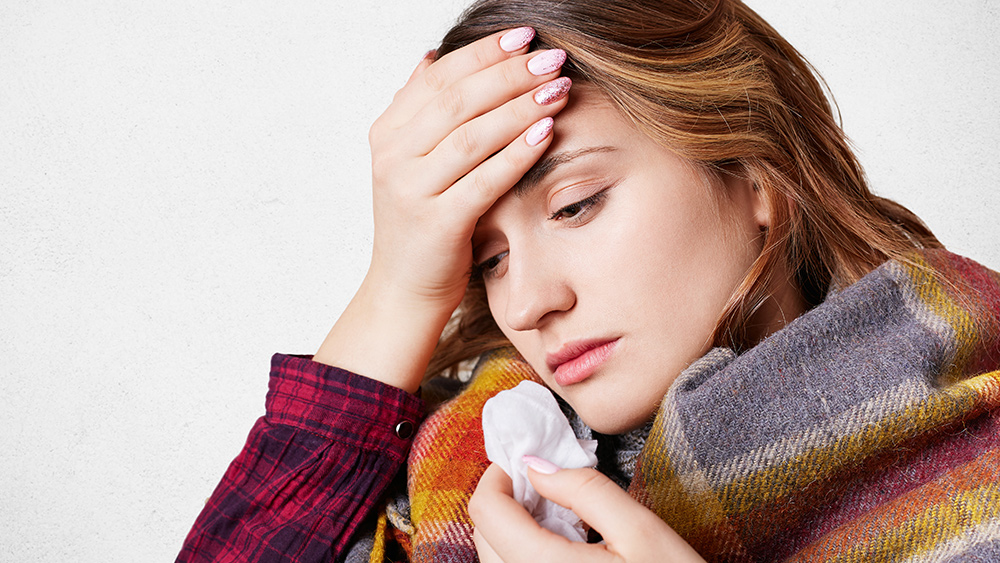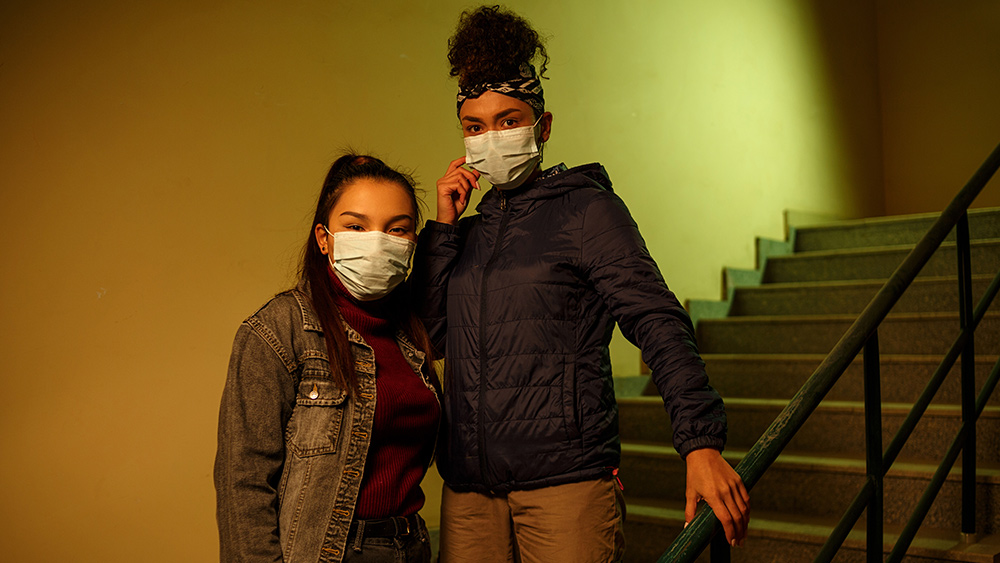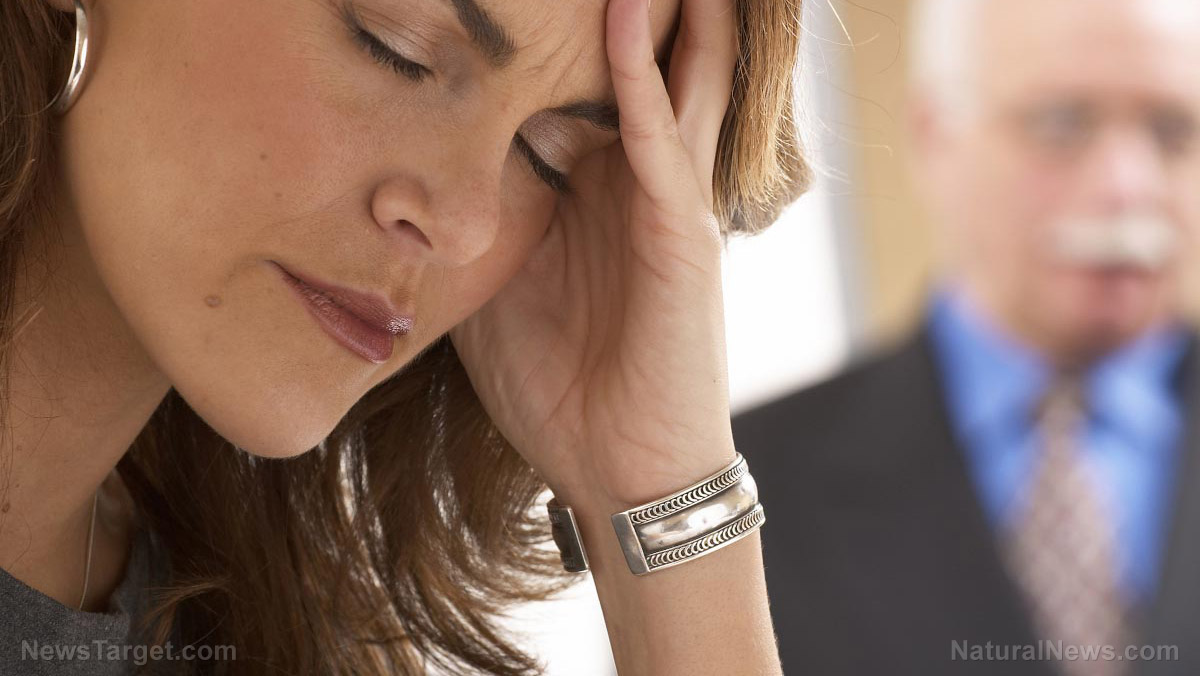UK government launches campaign to stop coronavirus spread, urges everyone to wash their hands
03/06/2020 / By Evangelyn Rodriguez

The U.K. government is urging people to wash their hands as often as necessary and to avoid touching their faces with unclean hands. The advice comes as part of the second phase of a massive public awareness campaign, which aims to minimize the spread of the coronavirus.
Health officials say that the virus may be picked up just by touching contaminated objects. People infected with the virus can leave it on hard metal or plastic surfaces, such as doorknobs or handrails in public places, if they sneeze or cough onto their hands and neglect washing them. The coronavirus is believed to remain contagious on a hard surface for up to 72 hours.
Proper hygiene to prevent the coronavirus outbreak
Professor Chris Whitty, U.K.’s chief medical adviser, said that people who touch contaminated surfaces are at risk of infection if they then touch their faces without washing.
“The virus can enter the body through the eyes, nose and mouth, but not through the skin,” he explained, in a meeting with Parliament’s Health and Social Care Committee on Wednesday.
To stop further spreading of the coronavirus, local authorities, together with the National Health Service (NHS) and Public Health England (PHE), are urging people to wash their hands for 20 seconds at a time using hot water and soap. Crucial moments when hand hygiene is paramount include after arriving home or at work; after blowing your nose, coughing or sneezing; and before handling any food.
According to Professor Linfa Wang, a virologist and director of the Emerging Infectious Diseases Program at Duke-NUS Medical School in Singapore, coronavirus transmission through the hands is likely to be more common than through the air, as people are all wearing masks but are not doing anything to protect their hands. He stressed the importance of hand hygiene for public health in the face of the coronavirus crisis.
Here’s a guide posted on the NHS website on how to wash your hands thoroughly to protect yourself from the coronavirus and other illnesses.
Besides frequent hand washing, people are also advised to cough or sneeze into tissues to prevent transmission of the virus through droplets. Covering the mouth is important, says health officials, as the virus can be coughed into the air by an infected person and inhaled by others. Used tissues should be disposed of immediately in the trash.
“We all have a role to play in stopping this disease and that’s what this expanded campaign is all about – making sure the public knows exactly what they should be doing to keep themselves and others safe. Washing hands regularly is the single most important thing that an individual can do,” said U.K. Health and Social Care Secretary Matt Hancock in a statement posted on the U.K. government’s website.
The number of confirmed cases in the U.K. has now reached 115 as of yesterday, according to a report by BBC News. (Related: UK now on the verge of a coronavirus epidemic, warn health experts.)
Protective measures against the coronavirus
In response to the growing number of coronavirus cases worldwide, the World Health Organization (WHO) has posted its recommendations for the public on its website.
Among many things, the agency advises regular hand washing and not touching the eyes, nose and mouth to avoid possible transfer of the virus. The WHO also emphasizes the importance of practicing respiratory hygiene and seeking medical care early. People who feel unwell are advised to stay home or seek medical attention if they show common symptoms of coronavirus infection, such as fever, cough and difficulty breathing.
As a preventive measure, the WHO recommends maintaining social distancing, especially in public places. Putting a good three feet between yourself and another person can help you avoid infection through small liquid droplets he or she might spray when coughing or sneezing. The agency also encourages active participation in the fight against the coronavirus by staying aware of the latest information from national and local public health authorities, and by following the advice of health care providers.
Sources include:
Tagged Under: coronavirus, coronavirus crisis, hand hygiene, hand washing, outbreak, pandemic, prevention, protective measures, public awareness, Public Health, social distancing, superbugs, U.K. government, viral infection, virus transmission

